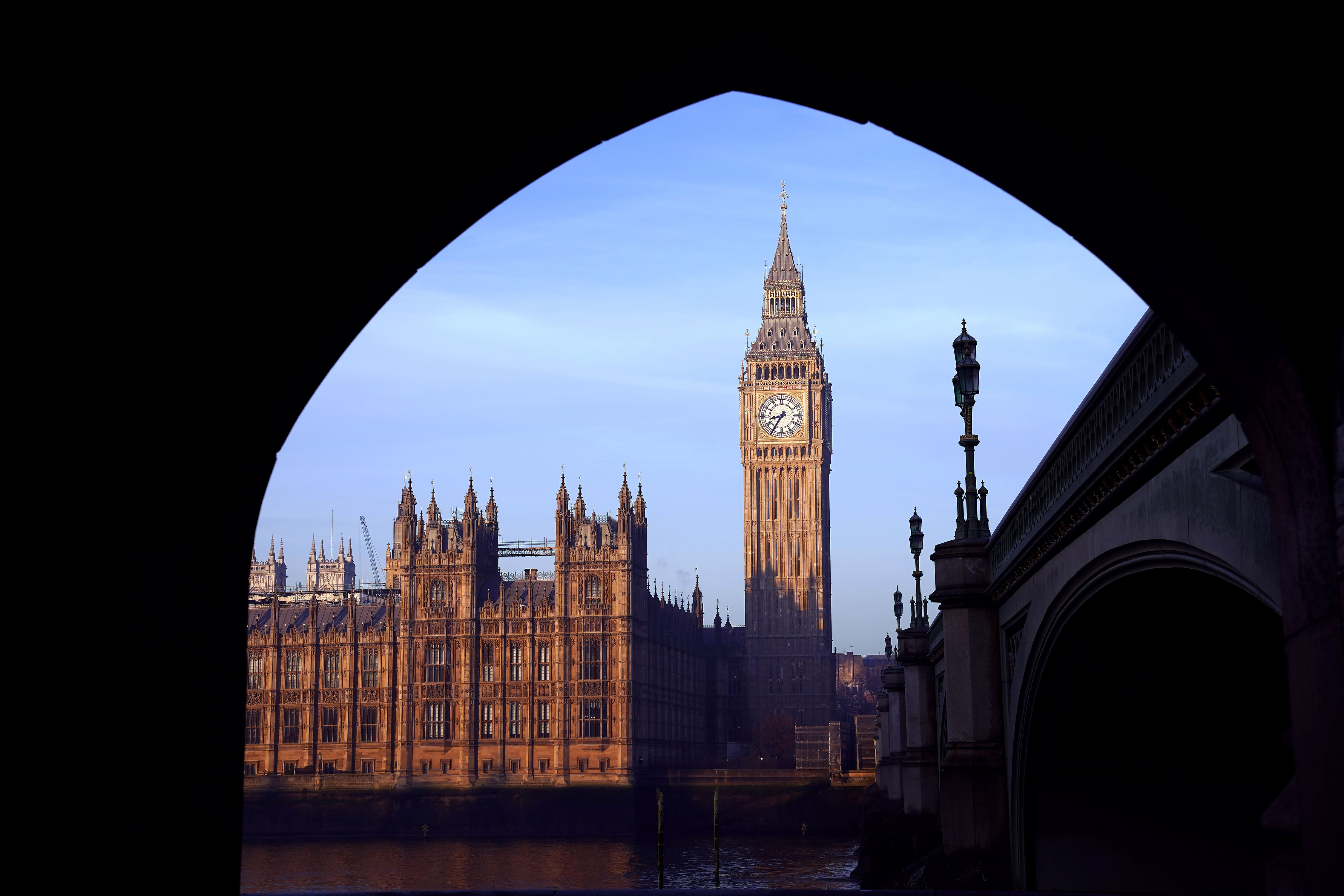MPs back moves to further restrict them from taking on paid lobbying work
From October 25, the rules relating to the conduct of MPs will be amended to prevent them giving advice on public policy and how Parliament works.

MPs have approved measures designed to further limit them from taking up paid lobbying work.
They also supported a motion to establish a Modernisation Committee tasked with looking at reforms to House of Commons procedures, standards and working practices, and to consider further restrictions on second jobs to ensure MPs serve their constituents.
Under the existing rules, MPs must not provide paid parliamentary advice or become a parliamentary strategist or adviser, but are allowed to give advice on public policy and current affairs, and general advice as to how Parliament works.
To be an MP represents an opportunity to change the country for the better and underpinning that privilege is a set of solemn responsibilities
Commons Leader Lucy Powell warned the “loopholes” allow an MP to “use their privileged position and knowledge for personal gain”.
From October 25, the Guide to the Rules relating to the conduct of MPs will be amended to remove the exemptions.
Ms Powell told the Commons: “This may encourage not only a potential conflict of interest, but a conflict of attention too, with too much of a member’s time and energy spent on things other than constituency or parliamentary business.
“This new Parliament offers a chance to turn the page, after the sorry and sordid record of the last. We face a crisis in trust in politics, politicians and Parliament.
“As we know, it’s a great privilege to sit in this house. To be an MP represents an opportunity to change the country for the better and underpinning that privilege is a set of solemn responsibilities.
“Chief among these is the responsibility we all have to embody the highest standards of public service.”
Conservative shadow Commons leader Chris Philp said: “Standards and integrity are critical to this House of Commons, we are the crucible to our nation’s democracy, our constituents have sent us here to represent them, and our constituents are entitled to expect the very highest standards of behaviour from us as Members of Parliament.
“Now, we’re fortunate, I think, that in this country our standards in public life are higher than they are in many countries, but there is no room for complacency and we should constantly strive to improve and perfect the standards in this House, it’s a duty I think we owe the public.
Labour backbencher Ian Lavery (Blyth and Ashington) said MPs are paid so much they are “nearly millionaires”.
The former miner said: “I never thought in a million years when I was working at the pit that I would be on a salary of £91,346. It’s a fortune, you know, it’s an absolute fortune, and you’ve got to work for it, you’ve got to work for your constituents.
“This is like a full-time job plus, and if it’s not a full-time job plus, I’m afraid my view is: you’re not doing your job. If you’re elected as a Member of Parliament, with 70,000-odd constituents, then that’s a full-time job.”
Making his maiden speech, Labour’s Jack Abbott (Ipswich) said he has “no idea why or how any Member of Parliament would have a second job”.
The SNP’s Kirsty Blackman (Aberdeen North) criticised the lack of change in the rules, saying: “It doesn’t in my mind relate to the paid employment that constituents think of when they think about second jobs.
“When constituents are thinking about (this) they’re thinking about people who are appearing on GB News on a weekly basis, which is not taken in by the changes that are proposed in this amendment.
“They’re thinking about the people that are doing work for a financial institution, as (Green Party MP Ellie Chowns) said, which again is not taken in by this amendment.
“What this amendment to the rules does is really a good thing, but I think it has been badged wrongly calling it about second jobs.”
Bookmark popover
Removed from bookmarks